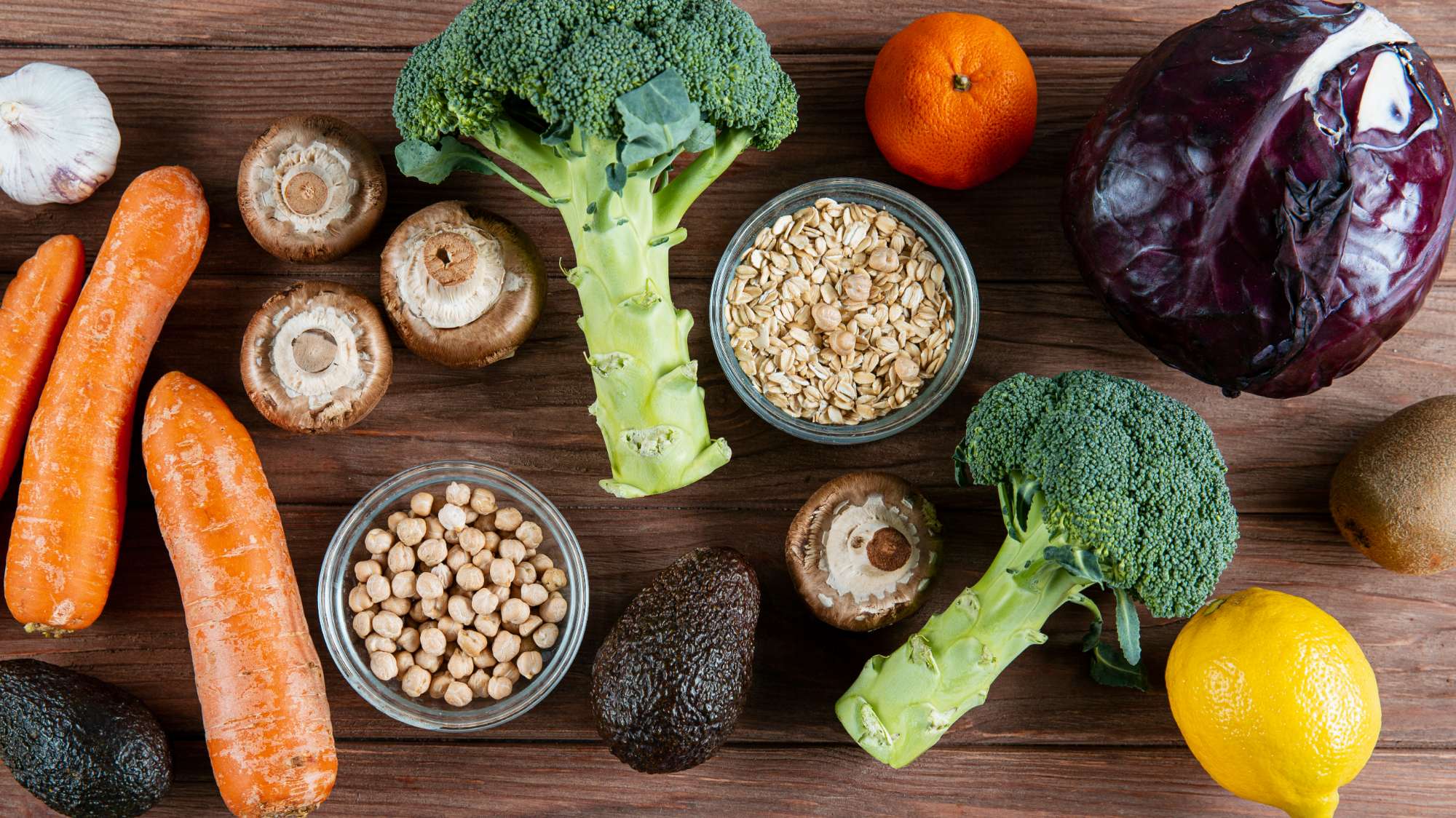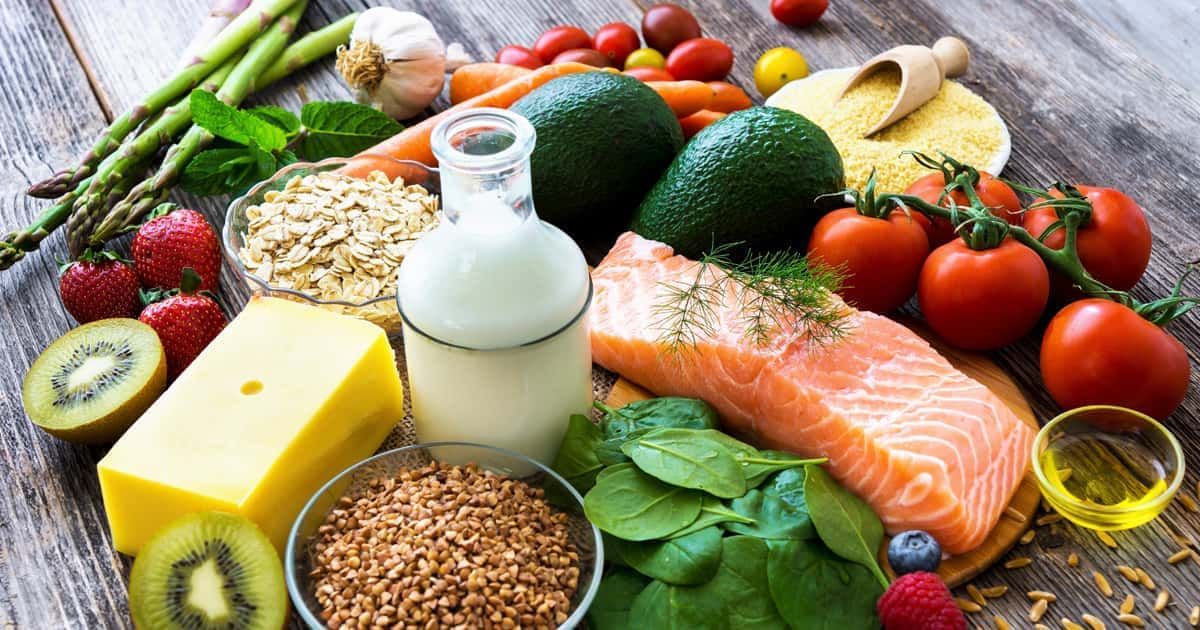About Vitamin K
About Vitamin K
The body needs vitamin K to produce prothrombin, a protein and clotting factor that is important in blood clotting and bone metabolism. People who use blood-thinning medications, such as warfarin, or Coumadin, should not start consuming additional vitamin K without first asking a doctor.
Vitamin K refers to a group of fat-soluble vitamins. Vitamin K helps to make various proteins that are needed for blood clotting and the building of bones. Prothrombin is a vitamin K-dependent protein directly involved with blood clotting. Osteocalcin is another protein that requires vitamin K to produce healthy bone tissue.
There are two main kinds of vitamin K. Vitamin K1 (phylloquinone) comes from plants, especially leafy green vegetables like spinach and kale. Vitamin K2 (menaquinone) is naturally created in the intestinal tract and works similarly to K1.
Vitamin K deficiency is rare in adults because many of the foods we eat contain adequate amounts of K1 and because the body makes K2. In addition, the body is very good at recycling its supply of vitamin K. The telltale sign of vitamin K deficiency is bleeding too much. Vitamin K deficiency is much more common in infants.
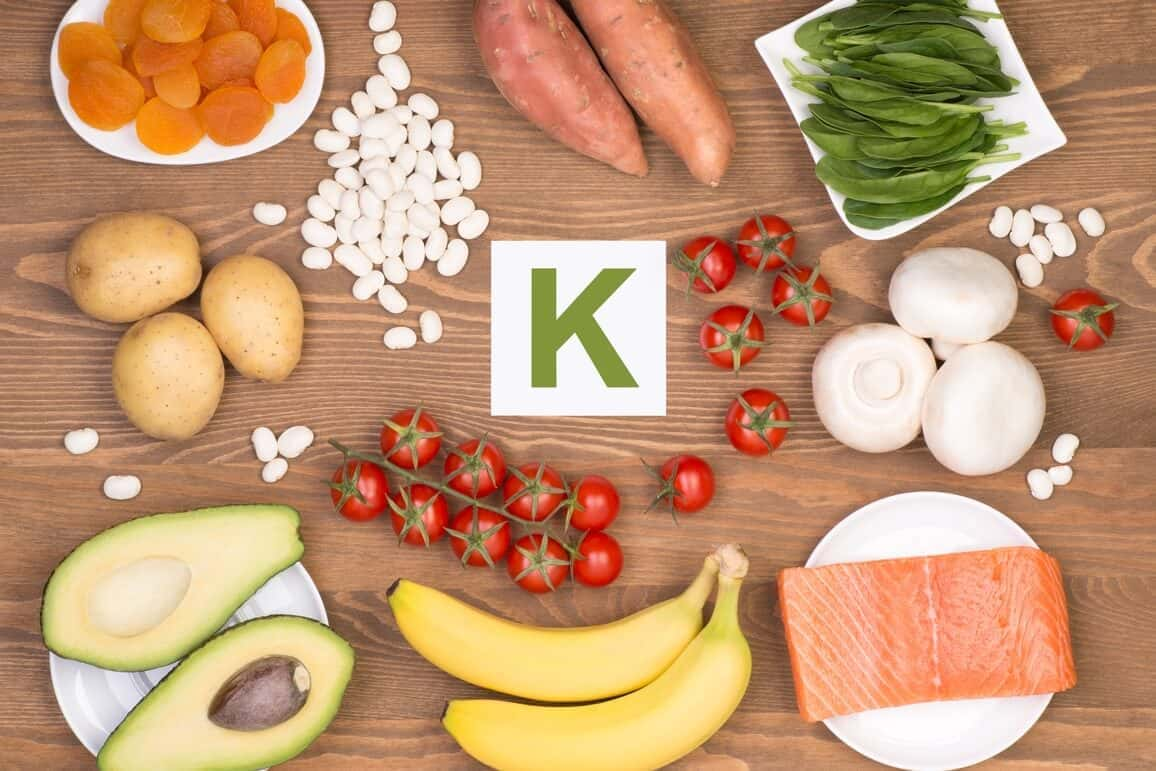
Recommended amount
The amount of vitamin K you need depends on your age and sex. Average daily recommended amounts are listed below in micrograms (mcg).
- Birth to 6 months: 2.0 mcg
- 7–12 months: 2.5 mcg
- 1–3 years: 30 mcg
- 4–8 years: 55 mcg
- 9–13 years: 60 mcg
- 14–18 years: 75 mcg
- Adult men 19 years and older: 120 mcg
- Adult women 19 years and older: 90 mcg
- Pregnant or breastfeeding teens: 75 mcg
- Pregnant or breastfeeding women: 90 mcg

Vitamin K and health
1. Bone healthVitamin K is involved with the production of proteins in bone, including osteocalcin, which is needed to prevent the weakening of bones. Some studies have shown that higher vitamin K intakes are associated with a lower incidence of hip fractures and low bone density. In addition, low blood levels of vitamin K have been linked with low bone density. A report from the Nurses’ Health Study suggests that women who get at least 110 mcg of vitamin K a day are 30% less likely to break a hip than women who get less than that. Among the nurses, eating a serving of lettuce or other green, leafy vegetable a day cut the risk of hip fracture in half when compared with eating one serving a week. Data from the Framingham Heart Study also showed an association between high vitamin K intake and reduced risk of hip fracture in men and women and increased bone mineral density in women. However, the results of clinical trials and meta-analyses have been conflicting whether vitamin K supplements reduce bone fractures. This may be due to a variety of other factors that affect bone health, including a lack of calcium, vitamin D, and weight-bearing exercise, all of which might mask a benefit of vitamin K supplementation.
2. Cognitive healthIncreased blood levels of vitamin K have been linked with improved episodic memory in older adults. In one study, healthy individuals over the age of 70 years with the highest blood levels of vitamin K1 had the highest verbal episodic memory performance.
3. Heart healthA few studies have researched the role of vitamin K for heart health. Vitamin K is involved with the production of matrix Gla proteins (MGP), which help to prevent calcification or hardening of heart arteries, a contributor to heart disease. Because research in this area is very limited, additional studies are needed before a specific amount of vitamin K beyond the standard recommendation is proposed for this condition..
Mineralization naturally occurs with age, and it is a major risk factor for heart disease. Adequate intake of vitamin K has also been shown to lower the risk of stroke.
4. Blood clotsVitamin K helps to make four of the 13 proteins needed for blood clotting, which stops wounds from continuously bleeding so they can heal. People who are prescribed anticoagulants (also called blood thinners) to prevent blood clots from forming in the heart, lung, or legs are often informed about vitamin K. Because of its blood clotting action, vitamin K has the potential to counteract the effects of blood thinning medications. A common method that estimates blood levels of vitamin K is measuring prothrombin time (PT), or how long it takes for blood to clot. People on anticoagulant medication such as warfarin (Coumadin) may be advised to eat a consistent amount of vitamin K from food and supplements. Although minor changes in vitamin K intake rarely affects PT, large and sudden variations in intake can alter PT levels and interfere with the medication’s effectiveness. Vitamin K is not a required listed nutrient on the Nutrition Facts label, but people taking anticoagulant medication are usually provided information about foods containing vitamin K from their health care provider.
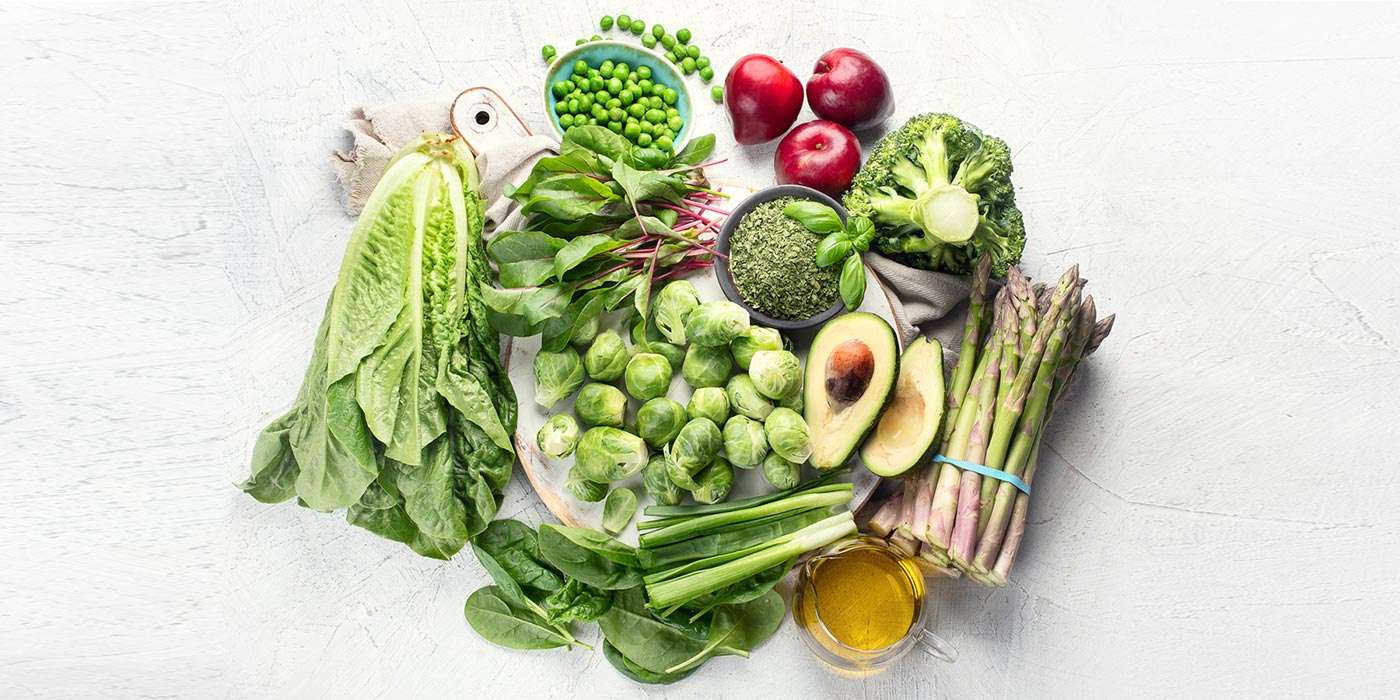
Sources of Vitamin K
Vitamin K1 occurs in high amounts in leafy green vegetables, such as kale and Swiss chard. Other sources include vegetable oils and some fruits.
Sources of menanoquines, or K2, include meat, dairy products, eggs, and Japanese “natto,” made from fermented soy beans.
Here are sample some food sources of vitamin K:
- 10 sprigs of parsley contains 90 micrograms (mcg)
- a 3-ounce serving of natto contains 850 mcg
- a half-cup serving of frozen and boiled collard greens contains 530 mcg
- one cup of raw spinach contains 145 mcg
- one tablespoon of soybean oil contains 25 mcg
- a half-cup serving of grapes contains 11 mcg
- a hard-boiled egg contains 4 mcg
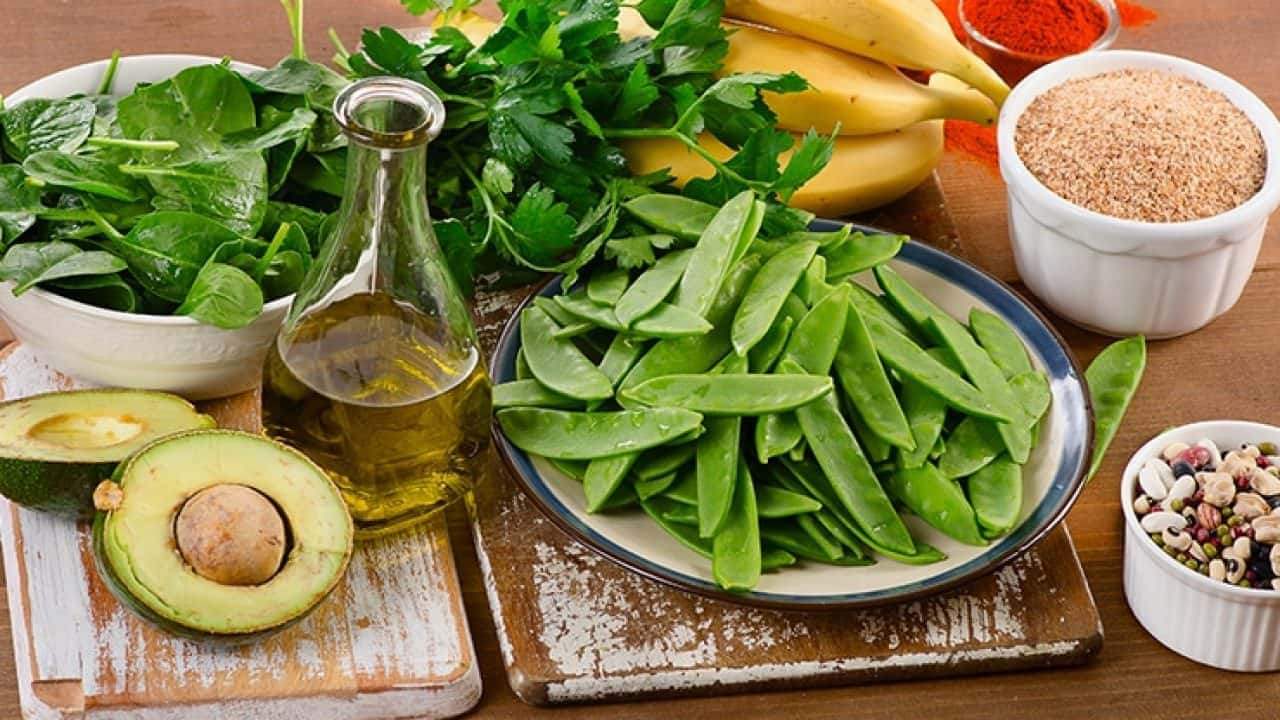
Risks
No tolerable upper limit has been determined for vitamin K. Toxicity is rare and unlikely to result from eating foods containing vitamin K.
However, taking any type of supplement can lead to toxicity.
Vitamin K can interact with several common medications, including blood-thinners, anticonvulsants, antibiotics, cholesterol-lowering drugs, and weight-loss drugs.
Blood thinners, such as warfarin are used to prevent harmful blood clots that may block blood flow to the brain or heart. They work by decreasing or delaying vitamin K’s clotting ability. Suddenly increasing or decreasing vitamin K intake can interfere with the effects of these drugs. Keeping vitamin K intake consistent from day to day can prevent these problems.
Anticonvulsants, if taken during pregnancy or while breastfeeding, can increase the risk of vitamin K deficiency in a fetus or a newborn. Examples of anticonvulsants are phenytoin and dilantin.
Cholesterol-lowering medications interfere with fat absorption. Dietary fat is necessary for absorbing vitamin K, so people who are taking this medication may have a higher risk of deficiency.
Anyone who is taking any of these medications should speak to their doctor about their vitamin K intake.
The best way to ensure the body has sufficient nutrients is to consume a balanced diet, with plenty of fruit and vegetables. Supplements should only be used in case of deficiency, and then, under medical supervision.
Compiled and penned by Crocus Media
.jpg)
